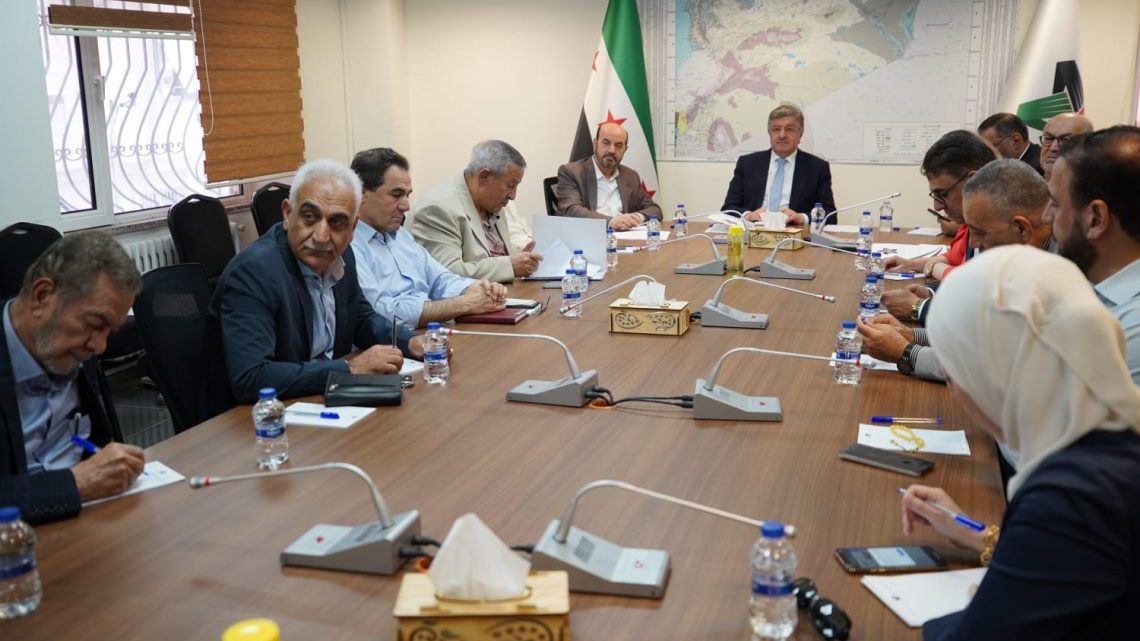The head of the Syrian Negotiation Commission, Badr Jamous, emphasized that any normalization with the Assad regime, absent tangible political progress, will fail to repatriate displaced Syrians and restore stability to the country. He underscored the Commission’s ongoing dialogue with Arab nations, aiming at facilitating a political resolution within Syria.
Jamous delivered these remarks during a briefing on political developments in Syria at the 70th session of the General Assembly of the National Coalition, held at the Syrian Interim Government headquarters in Aleppo’s countryside.
Switzerland Extends Syrian Regime’s Exemption from Some Sanctions
He noted that regional and international conflicts have diverted attention from the Syrian crisis, prompting the Commission to devise a new strategy. This strategy involves bolstering grassroots involvement in negotiations, cultivating fresh international relations and alliances, and navigating diplomatic relations to advance the Syrian cause.
Continuing, Jamous stated that maintaining communication with Arab nations remains pivotal to advocating for a just political resolution aligned with international mandates. He reiterated that normalization efforts must coincide with substantive political advancements to ensure the reunification of Syria and the safe return of its displaced populace, thereby fostering sustainable stability in the region.
Furthermore, he stressed the Commission’s commitment to keeping the Syrian crisis on the United Nations’ agenda, advocating for Security Council deliberations inclusive of the negotiating committee. This, he asserted, would spotlight the impediments hindering political progress and identify those responsible for the stalemate.
Concluding his address, Jamous condemned the Assad regime’s obstructionism, citing its defiance of international resolutions, particularly Resolution 2254. He criticized the regime’s reluctance to engage with the United Nations and its rejection of proposals by UN special envoy Geir Pedersen aimed at revitalizing efforts to address the Syrian crisis.
This article was translated and edited by The Syrian Observer. The Syrian Observer has not verified the content of this story. Responsibility for the information and views set out in this article lies entirely with the author.


